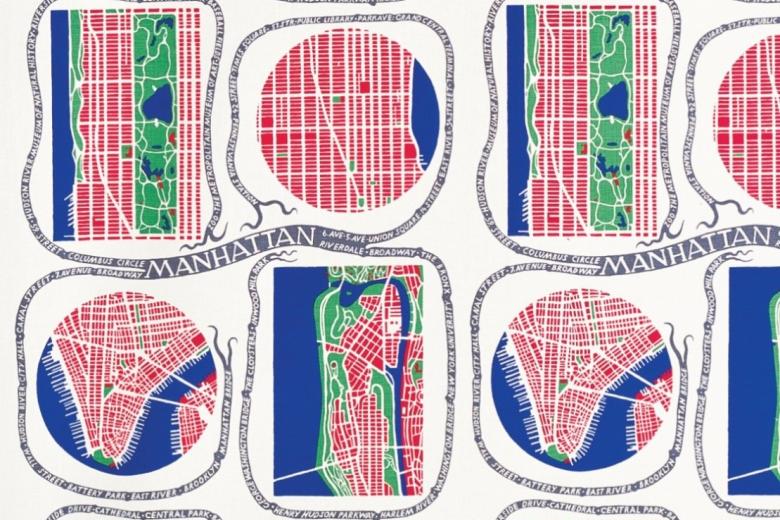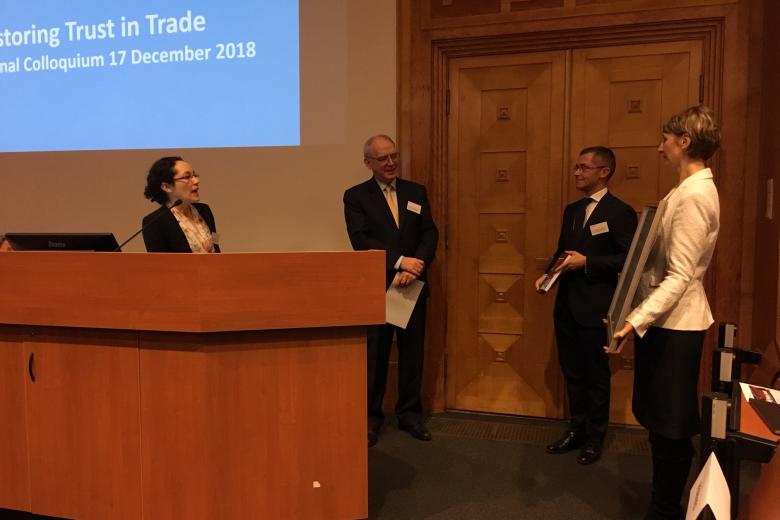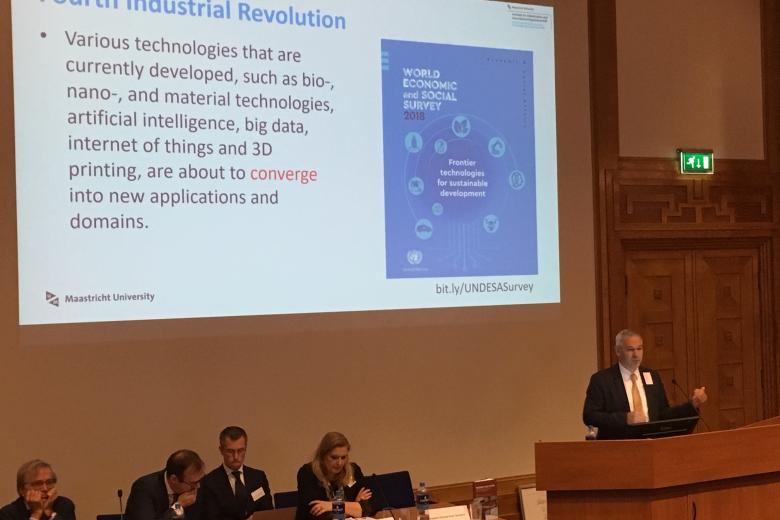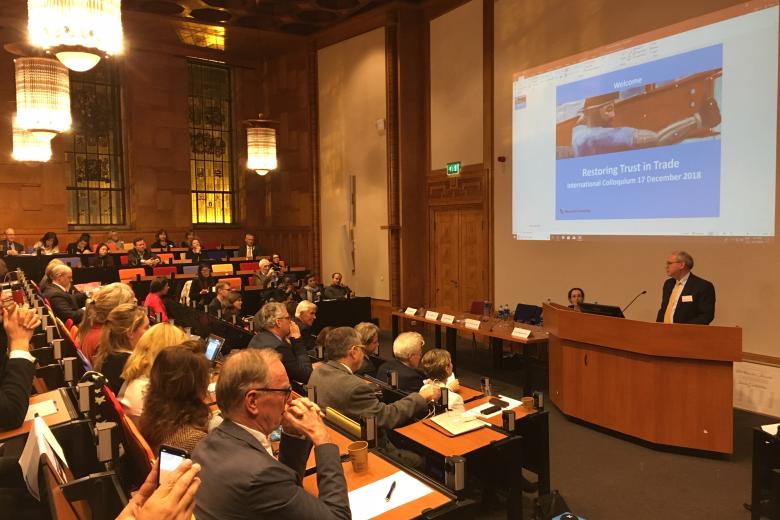International colloquium on Restoring Trust in Trade in honour of Peter Van den Bossche
On 17 December the Law Faculty of Maastricht University hosted an international colloquium entitled “Restoring Trust in Trade” in honour of Professor Peter Van den Bossche.
This well-attended colloquium brought together friends of Peter Van den Bossche, including his mentor, colleagues and students to pay tribute to his invaluable contribution to the evolution and understanding of WTO law as a rules-based system eliciting trust.
The colloquium focused on a key challenge facing the international trading system, namely the rapidly eroding trust in trade liberalisation and economic integration, as embodied in the rules of the World Trade Organization and the European Union. The ability of these regimes not only to strike a fair and sustainable balance between trade liberalisation and other societal values and interests, but also to deliver welfare to the benefit of all is increasingly called into question. This waning trust is manifested in defining politico-economic developments of our time, most notably Brexit and the current US administration's unilateral trade policies.
The colloquium uniquely presented the insights of renowned experts from the WTO Secretariat, the WTO Appellate Body, the European Commission, and academia, as well as challenging ‘young voices’, in presenting a critical look at what has gone wrong with the international trade regime and how it can be addressed.
| Watch the slides and video recordings of the presentations. The contributions are compiled in a Liber Amicorum published by Hart. The organizers, IGIR fellows Denise Prevost, Iveta Alexovicova and Jens Hillebrand Pohl, warmly thank the Faculty, the SWOL fund and IGIR for their support of this successful event. |
-
Protection of reputable marks beyond confusion: does “due cause” help to strike a balance between trade mark proprietors and content creators?
Content creators, exercising their freedom of expression, may use trade marks in their content in a way that might damage the interests of trade mark proprietors (e.g. use of Nike shoes in a porn movie). How does EU trade mark law address these different interests?
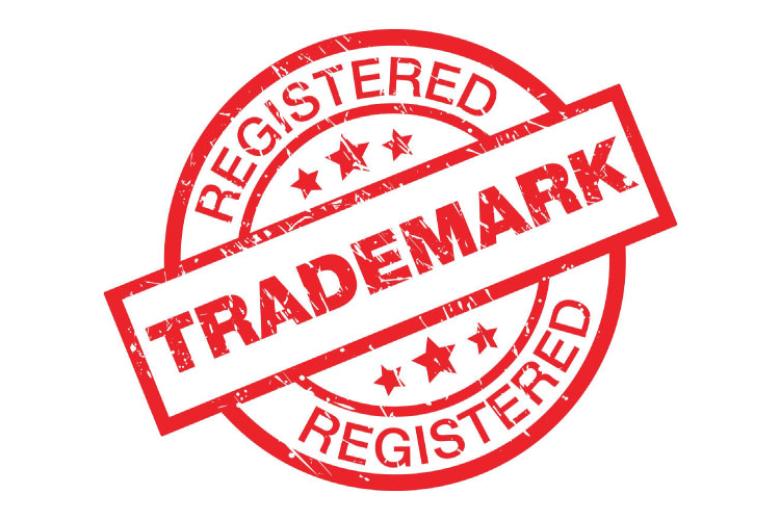
-
Computer-Implemented Inventions: has the term “invention” in the EPC lost its meaning?
The European Patent Convention defines subject-matter that is not eligible for patent protection, such as methods for doing business. However, when implemented by a computer, non-eligible subject matter becomes eligible for patent protection. Is this desirable?
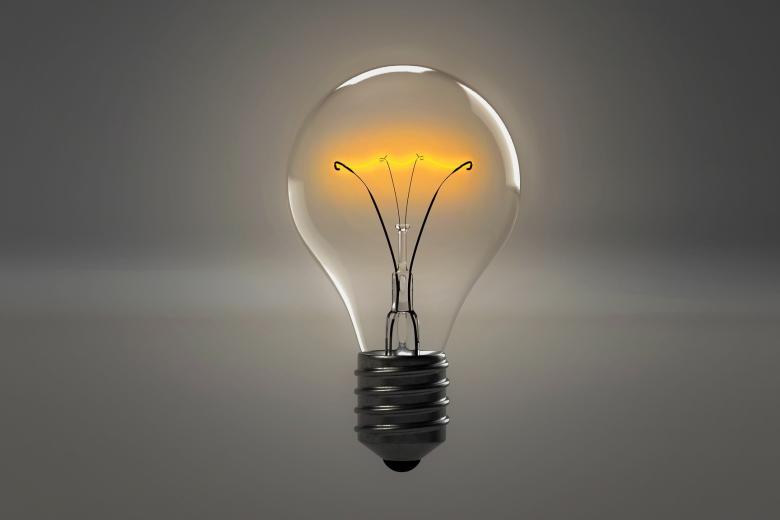
-
The ambigous nature of the amended European trademark functionality doctrine
EU trade mark law excludes certain signs from becoming registered trade marks. In particular, shapes cannot be registered if they are necessary for achieving a technical result. In 2015, the amended Regulation broadened this exclusion to ‘another characteristics'. But what is now covered exactly?
